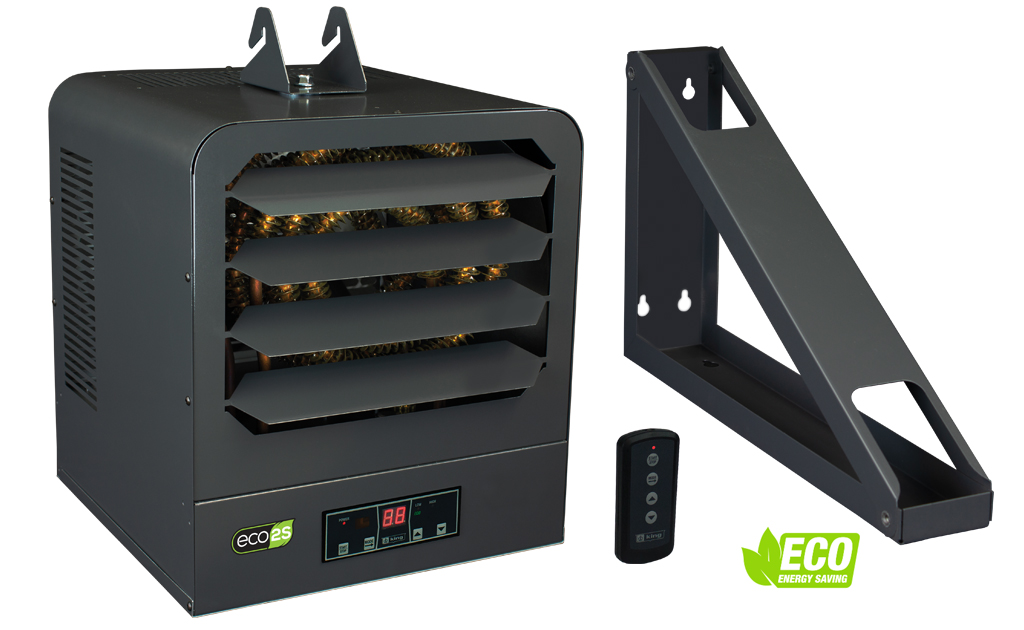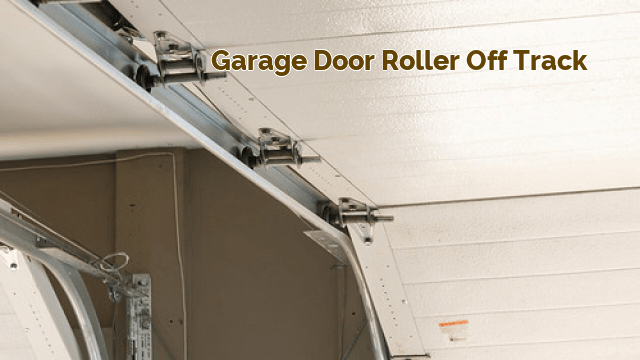Energy-efficient Garage Heaters For Cold Climates

This ultimate guide explores the best energy-efficient garage heaters for cold climates, comparing types, features, and costs to help you choose the perfect solution.
Keywords: energy-efficient garage heater, cold climate garage heater, electric garage heater, propane garage heater, natural gas garage heater, garage heater reviews, best garage heater, energy saving garage heater, garage heater installation, garage heater efficiency, radiant garage heater, forced air garage heater, infrared garage heater, low energy garage heater, efficient garage heating, winter garage heating, cost effective garage heating, garage workshop heater, heated garage, garage heater comparison
The biting winds of winter can transform your garage from a workspace haven into a frigid wasteland. For those in cold climates, maintaining a comfortable temperature in the garage is crucial, whether you’re working on projects, storing valuable possessions, or simply parking your car. However, heating a large space like a garage can be expensive. This comprehensive guide dives deep into the world of energy-efficient garage heaters, helping you navigate the options and choose the perfect solution to keep your garage warm without breaking the bank.
Understanding Garage Heating Needs in Cold Climates:
Table of Content
Before exploring specific heater types, it’s vital to understand the unique challenges of heating a garage in a cold climate. Factors to consider include:
- Garage Size and Insulation: Larger, poorly insulated garages require more powerful and potentially more expensive heating systems. Proper insulation is your first line of defense against heat loss, significantly reducing the energy needed to maintain a comfortable temperature. Consider adding insulation to walls, ceiling, and even the garage door.
- Garage Door Adjustment Do It Yourself: A Comprehensive Guide
- garage door swing
- How to Replace Rollers on Garage Door: A Step-by-Step Guide
- Garage Door Wheel Off Track: A Comprehensive Guide
- gap between garage door and frame
- Climate Severity: The average winter temperature and the frequency of extreme cold snaps directly impact the heating requirements. Areas with prolonged periods of sub-zero temperatures will necessitate a more robust and efficient heating system.
- Usage Frequency: If your garage is used infrequently, a less powerful heater might suffice. However, for daily use as a workshop or storage space for temperature-sensitive items, a more consistently powerful and efficient system is essential.
- Desired Temperature: The temperature you aim to maintain will influence the heater’s capacity and running costs. A slightly lower temperature can significantly reduce energy consumption.
Related Article Energy-efficient garage heaters for cold climates

Types of Energy-Efficient Garage Heaters:
Several types of heaters cater to different needs and budgets. Let’s analyze the most energy-efficient options for cold climates:
1. Electric Garage Heaters:
- Radiant Electric Heaters: These heaters use electricity to heat elements that radiate warmth directly into the space. They are relatively inexpensive to purchase and easy to install, often simply plugging into a standard outlet. However, they can be less energy-efficient than other options, especially in large, poorly insulated garages. Look for models with advanced features like thermostats and timers for better control and energy savings.
- Forced-Air Electric Heaters: These heaters use a fan to circulate warm air, providing more even heating than radiant heaters. While generally more efficient than radiant models, they still consume significant electricity. Look for Energy Star certified models and those with adjustable thermostat settings for optimal energy efficiency.

2. Propane Garage Heaters:
- Blue Flame Propane Heaters: These heaters offer high heat output and are a popular choice for workshops and large garages. They are relatively efficient compared to electric options, especially in extremely cold climates. However, they require a propane tank, which needs regular refilling, and they produce combustion byproducts, requiring proper ventilation. Ensure adequate ventilation to avoid carbon monoxide buildup.

3. Natural Gas Garage Heaters:
- Natural Gas Forced-Air Heaters: If you have access to natural gas, this is often the most cost-effective option, especially for larger garages. They offer consistent and powerful heating. However, installation requires professional help and can be more expensive upfront than other options. They also require proper ventilation.

4. Infrared Garage Heaters:
- Electric Infrared Heaters: These heaters directly heat objects and people within their range, rather than heating the air. This can be more efficient than heating the entire garage volume, especially if you only need to heat a specific work area. They’re also relatively quiet. However, they might not provide even heating throughout the entire garage.
Factors to Consider When Choosing an Energy-Efficient Garage Heater:
- BTU Output (British Thermal Units): This measures the heater’s heat output. Calculate the BTU requirement based on your garage’s size and insulation level. Oversizing a heater is wasteful; undersizing is ineffective.
- Energy Efficiency Rating: Look for Energy Star certification or other efficiency ratings to compare models accurately. This will help you estimate running costs.
- Thermostat Control: A programmable thermostat allows for precise temperature control, significantly reducing energy waste.
- Safety Features: Choose heaters with safety features such as tip-over protection, overheat protection, and carbon monoxide detectors (especially for combustion heaters).
- Installation: Consider the ease of installation. Some heaters require professional installation, while others are plug-and-play.
- Maintenance: Think about the ongoing maintenance requirements, such as filter changes (for forced-air heaters) or propane tank refills.
- Noise Level: Consider the noise level, especially if you’ll be working in the garage.
- Cost: Balance the initial purchase price with the long-term running costs and potential savings from energy efficiency.
Tips for Maximizing Energy Efficiency:
- Insulate Your Garage: Proper insulation is the most effective way to reduce energy consumption. Seal any air leaks around doors, windows, and walls.
- Install a Weather-Stripped Garage Door: A well-insulated and weather-stripped garage door significantly reduces heat loss.
- Use a Smart Thermostat: A smart thermostat allows for precise temperature control and can learn your heating patterns to optimize energy use.
- Consider Zoning: If you only need to heat a portion of your garage, consider using a smaller, more targeted heater for that area.
- Regular Maintenance: Keep your heater clean and well-maintained to ensure optimal performance and energy efficiency. Change filters regularly for forced-air heaters.
- Utilize Passive Solar Heat: Maximize natural sunlight by keeping windows clean and opening them on sunny days to allow solar heat to enter.
Comparison Table of Garage Heater Types:
| Heater Type | Efficiency | Initial Cost | Running Cost | Heat Distribution | Safety Concerns | Installation | Maintenance |
|---|---|---|---|---|---|---|---|
| Radiant Electric | Low | Low | Moderate | Localized | Low | Easy | Low |
| Forced-Air Electric | Moderate | Moderate | Moderate | Even | Low | Moderate | Moderate |
| Blue Flame Propane | High | Moderate | Low | Even | Moderate (CO) | Easy | Moderate |
| Natural Gas Forced-Air | High | High | Low | Even | Moderate (CO) | High | Moderate |
| Electric Infrared | Moderate to High | Moderate | Low to Moderate | Localized | Low | Easy | Low |
Conclusion:
Choosing the right energy-efficient garage heater for your cold climate needs involves careful consideration of several factors. By understanding your specific requirements, comparing different heater types, and implementing energy-saving strategies, you can create a comfortable and productive workspace without sacrificing your budget. Remember to prioritize safety and always follow manufacturer instructions for installation and operation. Investing in an energy-efficient garage heater is a smart investment that pays off in both comfort and cost savings throughout the long winter months.
Disclaimer: This article provides general information and should not be considered professional advice. Always consult with qualified professionals for specific recommendations tailored to your individual needs and local regulations. Improper installation or use of heating equipment can be dangerous.






